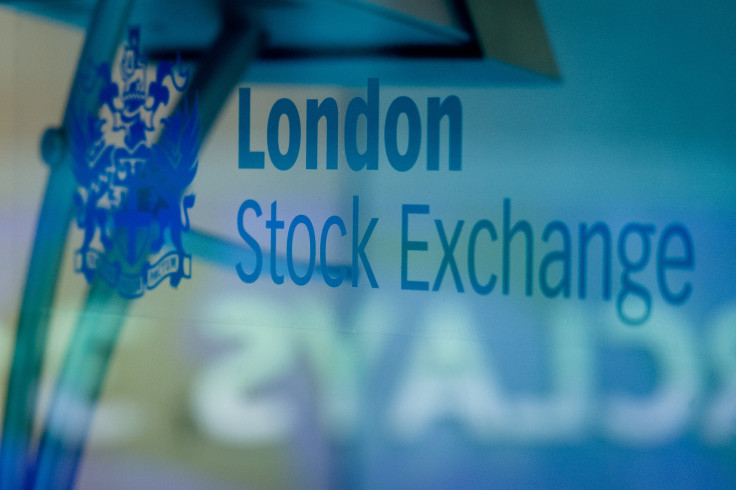Is London Stock Exchange, Refinitiv Deal In Trouble? Regulators Asking Questions

KEY POINTS
- The London Stock Exchange reported a 2019 operating profit of $1.37 billion, with revenue and income both up 8%
- The LSE hopes the acquisition of Refinitiv will give it the ability to compete with the ICE and CME
- CEO David Schwimmer said he expects to seek formal approval for the acquisition from the European Commission within weeks
Despite indications European regulators may subject the London Stock Exchange Group’s $27 billion acquisition of financial data provider Refinitiv to more scrutiny than the companies were expecting, the LSE said Friday the deal is on track to close before the end of the year.
LSE CEO David Schwimmer told a conference call with reporters there’s nothing unusual about the review process and he planned to seek formal approval from the European Commission within weeks. The deal currently is undergoing preapproval review.
“These are processes where regulators look to understand as much as possible about the businesses involved,” Schwimmer told Bloomberg News. “Refinitiv being a privately held company and not as transparent within Thomson Reuters, there’s a lot for the regulator to learn and understand about it.”
The Financial Times reported Brussels had expected to receive formal notification of the acquisition before now but negotiations over what constitutes “the market” have delayed the process. The timetable has slipped by at least a month.
The LSE (LSE) announced plans to buy Refinitiv in an all-share deal in August, and investors approved the proposal in November.
“The deal is likely to go into a lengthier probe and we are not on the clock yet,” a source told the Financial Times. “It could spill into next year.”
Regulators earlier killed a proposed merger between the LSE and Deutsche Borse (DB1.DE).
Refinitiv is best known for its Eikon terminals, which allow traders to monitor and analyze financial data real-time. LSE is betting on the acquisition to give it the ability to compete with the Intercontinental Exchange (ICE) and CME Group (CME). The acquisition is expected to triple LSE’s revenue, expanding its international reach to 190 countries and 40,000 institutional investors while boosting revenue from data to 70% from the current 40%.
Schwimmer said it is too early to speculate what regulators will require the companies to divest before approving the deal.
LSE reported an operating profit of $1.37 billion for the year Friday, meeting analysts’ estimates, with both revenue and income up 8% for the year.
© Copyright IBTimes 2025. All rights reserved.






















